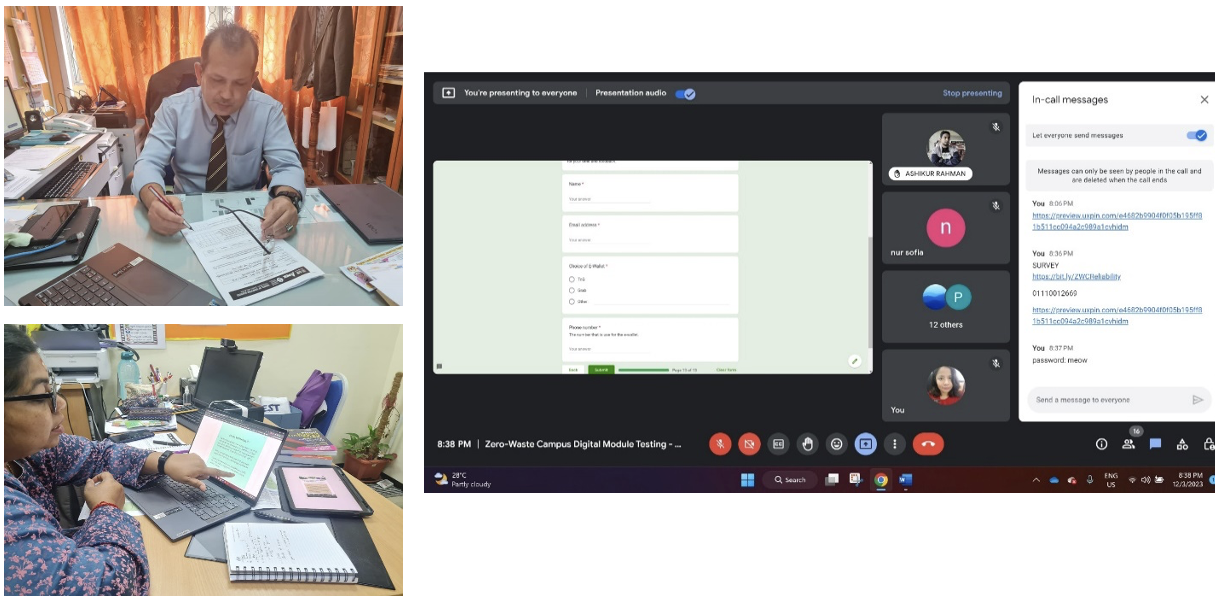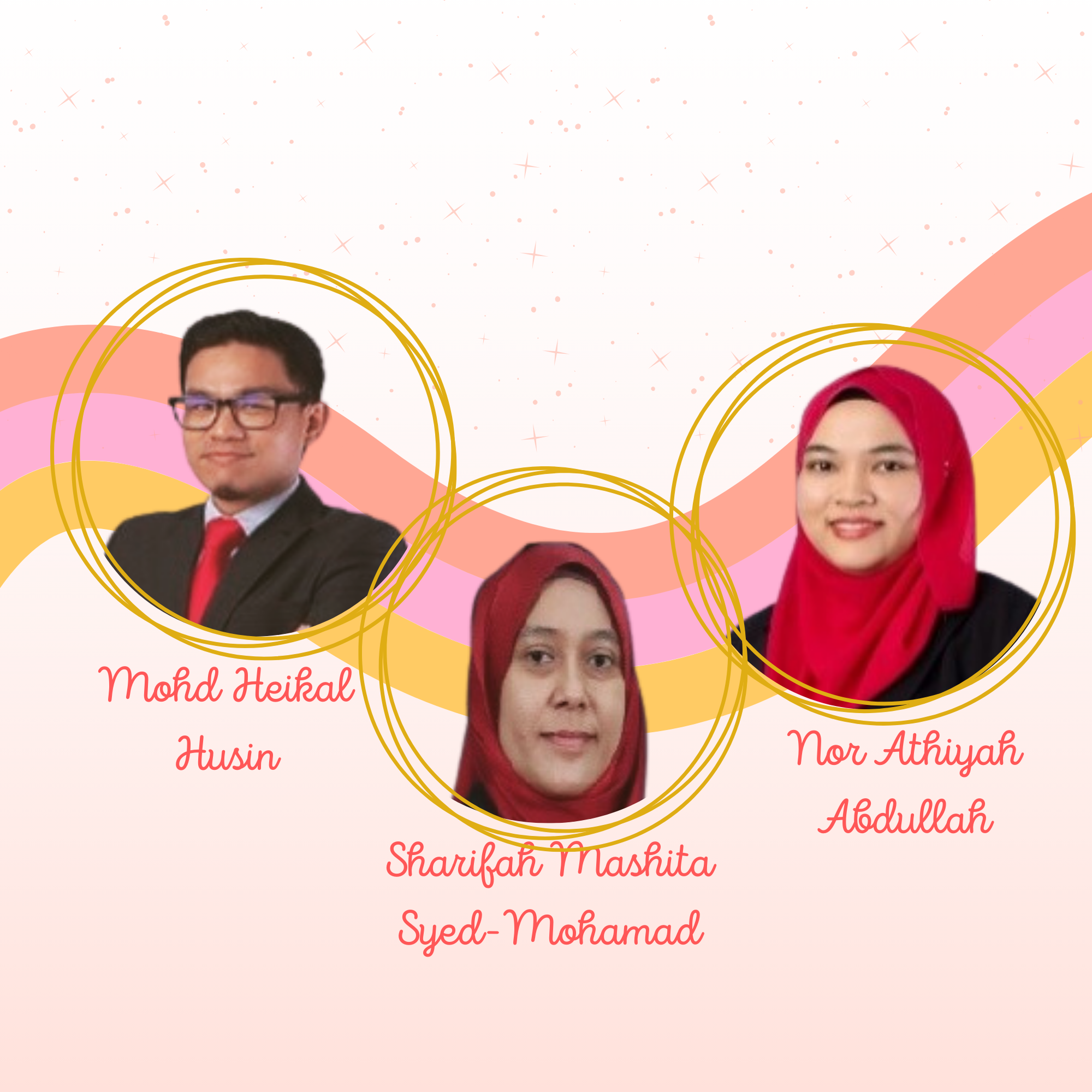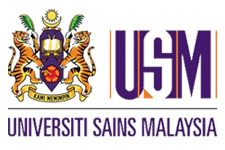The world is drowning in trash. The way we live, especially in bustling cities, has led to a mountain of waste that's growing faster than we can handle.
It's not just an eyesore; it's a serious threat to our planet, polluting our land, water, and air. But what if we could turn the tide? What if we could create spaces where almost nothing goes to waste? That's the dream of a "zero-waste" movement, and it's gaining momentum in unexpected places – like university campuses in Malaysia.
The Trash Troubles on Campus
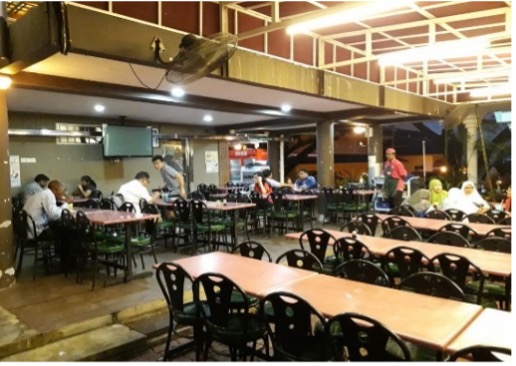
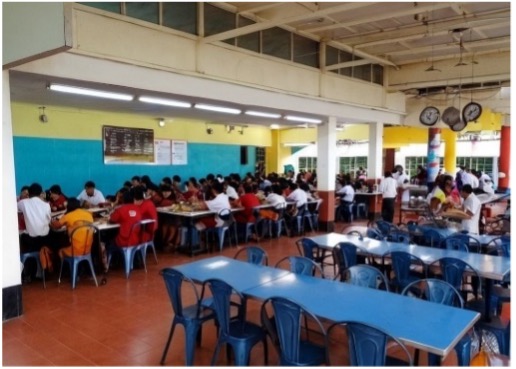
Bustling cafeterias serving hundreds of meals a day, overflowing dorm rooms with discarded packaging, and busy offices generating reams of paper. All these activities generate a lot of waste.
In Malaysia, universities are a big part of the problem. The amount of trash they produce is alarming, and it's clear that a change is needed. The Malaysian government has set an ambitious goal of recycling 40% of the country's waste by 2025. But achieving this will require a major shift in how people think about and manage their trash. It will require a collective effort, starting from the ground up.
The Waste Challenge
Rapid urbanization and changing lifestyles have led to a significant increase in municipal solid waste. Malaysia, like many developing countries, is grappling with the environmental and social consequences of unsustainable waste management practices. Landfills are overflowing, recycling rates are low, and the impact on public health, particularly for the urban poor, is a growing concern.
Universities, often seen as microcosms of cities, contribute to this waste problem. While they are centers of education and research, their large populations and diverse activities generate substantial waste. The research paper highlights that food waste, paper, and plastic are major contributors to waste on Malaysian university campuses.
The Zero-Waste Vision
The zero-waste approach aims to drastically reduce waste through strategies such as waste minimization at the source, recycling, and waste separation. The Zero Waste International Alliance's hierarchy provides a framework for prioritizing these strategies, with waste reduction being the most preferred option.
Several Malaysian universities have initiated zero-waste campaigns, focusing on raising awareness, promoting recycling, and reducing single-use plastic. However, these initiatives face challenges such as inconsistent implementation, lack of proper facilities, and limited community engagement.
Understanding Pro-Environmental Behaviour
In our research, we found that achieving a zero-waste campus requires more than just infrastructure and policies. It necessitates a change in human behaviour. Pro-environmental behaviour (PEB), which encompasses actions that benefit or minimize harm to the environment, is influenced by a complex interplay of factors.
Our study draws on various theoretical frameworks, including the Theory of Planned Behaviour (TPB), the Value Belief Norm Theory (VNB), and the Kollmuss and Agyeman Model of Pro-Environmental Behaviour, to understand the factors that shape PEB. These models highlight the role of knowledge, attitudes, values, social norms, and external factors in influencing individuals' environmental actions.
Insights from the Malaysian Campus Community
We conducted focus group discussions (FGDs) and in-depth interviews (IDIs) with members of the Universiti Sains Malaysia (USM) campus community to explore their perceptions and practices related to waste management. The findings revealed several key factors influencing pro-environmental behaviour:
- Environmental Goals: Clear and achievable goals are crucial for motivating individuals to adopt sustainable practices.
- Environmental Education: Raising awareness and knowledge about environmental issues is essential for fostering pro-environmental behaviour.
- Personal Waste-Related Experiences: Direct experiences with waste management, such as participating in recycling programs, can shape individuals' attitudes and practices.
- Environmental Policy: Clear and enforced policies can provide a supportive framework for sustainable practices.
- Reinforcement Contingencies: Rewards and penalties can incentivize or discourage specific behaviours.
- Community Engagement: Active participation and collaboration within the campus community are vital for promoting sustainable practices.
- Social Responsibility: A sense of responsibility towards the environment and society can motivate individuals to act sustainably.
- Environmental Self-Awareness: Understanding one's impact on the environment and reflecting on personal values can lead to more conscious choices.
- Exemplary Leadership: Leaders who model sustainable behaviour can inspire others to follow suit.
- Social Technology: Social media and other communication technologies can be powerful tools for raising awareness and promoting pro-environmental behaviour.
A Framework for Zero-Waste Campuses
Based on these findings, we proposed a framework for promoting environmental sustainability on university campuses. This framework emphasizes the interconnectedness of internal factors (such as knowledge, attitudes, and values) and external factors (such as policies, leadership, and community engagement). It highlights the role of technology, particularly social media, in facilitating communication, education, and behaviour change.
Implications and the Way Forward
This research offers valuable insights for universities and other institutions seeking to implement zero-waste initiatives. It underscores the importance of a holistic approach that addresses both individual behaviour and institutional structures.
Key takeaways include:
- The need for clear and achievable environmental goals.
- The importance of ongoing environmental education and awareness campaigns.
- The value of providing opportunities for personal experiences with waste management.
- The role of strong environmental policies and consistent enforcement.
- The potential of rewards and incentives to encourage sustainable behaviour.
- The significance of community engagement and collaboration.
- The power of exemplary leadership in modeling and promoting sustainable practices.
- The potential of social technology to facilitate communication, education, and behaviour change.
The journey towards a zero-waste campus is not just about recycling bins and waste reduction targets; it's about fostering a culture of sustainability within the entire campus community. The Malaysian case study reveals that achieving this vision requires a multi-faceted approach that combines clear environmental goals, comprehensive education, personal engagement, supportive policies, and strong leadership. It also highlights the potential of technology, particularly social media, to amplify these efforts and inspire collective action. Figure 1 shows the final zero waste campus framework developed from our research.
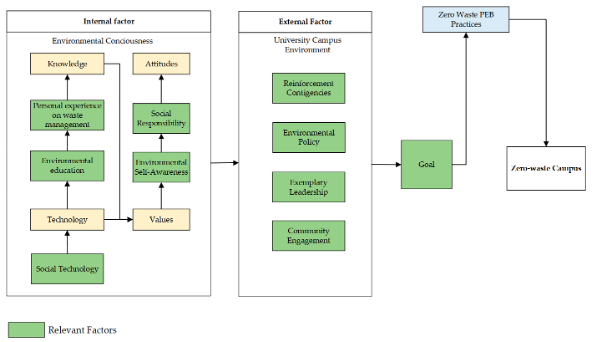
Figure 1. Zero Waste Campus Framework
The transition to a zero-waste campus is undoubtedly challenging, but the potential benefits are immense. By embracing sustainable practices, universities can significantly reduce their environmental footprint, create healthier and more liveable campuses, and empower students and staff to become responsible environmental stewards. The Malaysian research serves as a valuable roadmap for universities worldwide, demonstrating that the journey towards zero-waste is not only possible but also essential for a sustainable future.
This article was summarised from our paper titled ‘A Zero-Waste Campus Framework: Perceptions and Practices of University Campus Community in Malaysia’ published in recycling, MDPI (2023), DOI: https://doi.org/10.3390/recycling8010021"https://doi.org/10.3390/recycling8010021
Below are some of the photos taken during the data collection for this research conducted during and after the pandemic.
